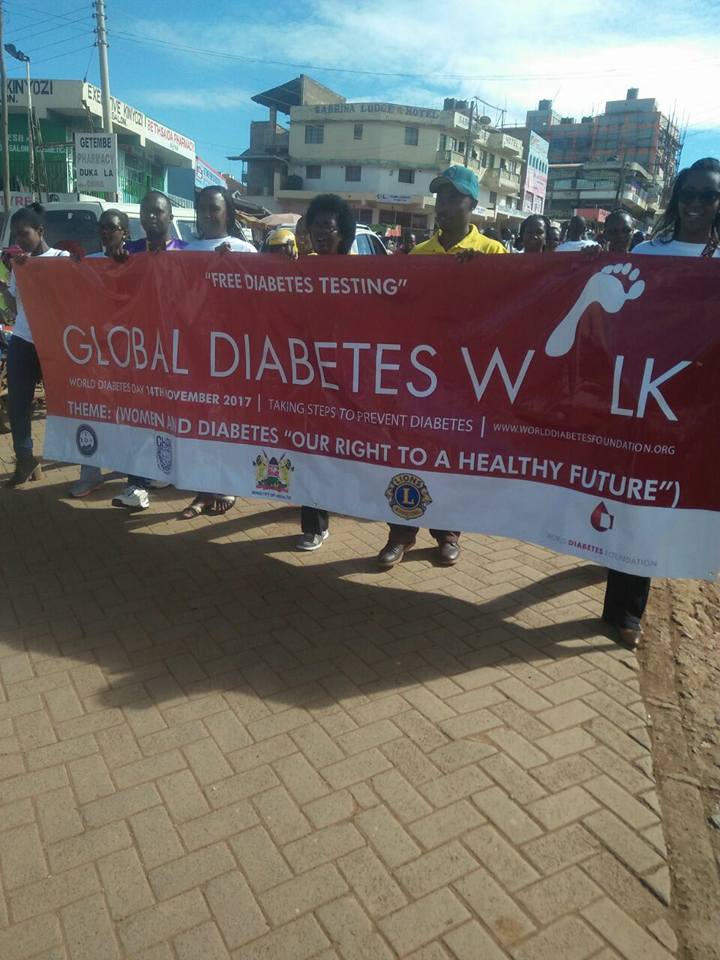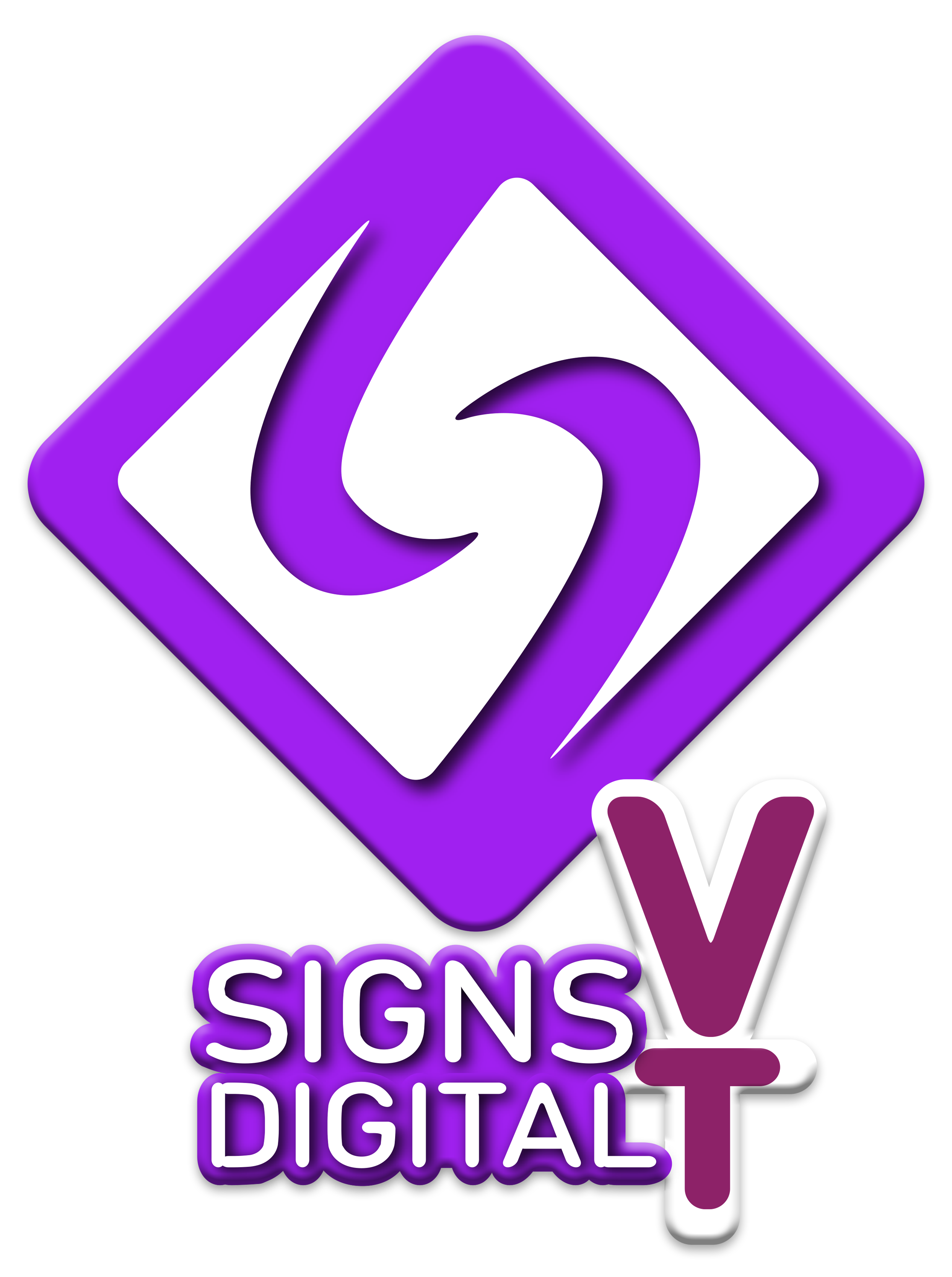Diabetes Awareness Month: A Call To Action For Persons With Disabilities

As the world unites for Diabetes Awareness Month, let's not forget a crucial segment of the population often overlooked in this conversation: Persons With Disabilities (PWDs).
Imagine a world where diabetes management is accessible, empowering, and tailored to each individual's needs, regardless of their abilities? This is what we should strive for during Diabetes Awareness Month for the sake of persons with disabilities.
According to research, Persons with disabilities are at an increased risk of developing diabetes. This is due to a number of factors, including genetics, lifestyle, and medications.
They may also have difficulty accessing healthcare services, which can make it harder to diagnose and manage diabetes.
Diabetes is a chronic health condition that affects how your body turns food into energy/ is a condition in which the body does not produce enough insulin or use insulin effectively. Insulin is a hormone that helps the body use glucose for energy. When glucose builds up in the blood, it can damage organs and tissues.
There are two main types of diabetes: type 1 and type 2. Type 1 diabetes is an autoimmune disease in which the body attacks the cells that produce insulin. This means that the body cannot produce any insulin. Type 1 diabetes is usually diagnosed in children and adolescents.
Type 2 diabetes is the most common type of diabetes. It occurs when the body does not produce enough insulin or does not use insulin effectively. Type 2 diabetes is usually diagnosed in adults, but it can also occur in children and adolescents.
There are a number of strategies that can help people with disabilities manage their diabetes. These strategies can include:
Providing education and support to people with disabilities and their families about diabetes, learn about diabetes and its complications to be able to manage your condition.
PWDs should also regularly monitor their blood sugar levels, and develop a plan tailored towards their needs.
They should eat a heathy diet, to achieve this, caregivers and family members should be involved.
They should engage in regular physical activity to maintain their physical fitness.
Lastly, it's crucial to adhere to prescribed medication and scheduling regular checkups with a healthcare provider.
Diabetes is a serious health condition, but it can be managed with the right care and support, let's help persons with disabilities live long and healthy lives.
Tags: Signstv Persons With Disabilities Diabetes Awareness Month Editor's Pick
Related
Share this article
Experienced and versatile writer, dedicated to using my exceptional writing and editing skills to inform and advocate. My work focuses on educating and entertaining readers on a range of topics, with a particular expertise in matters of disability.
View articles

